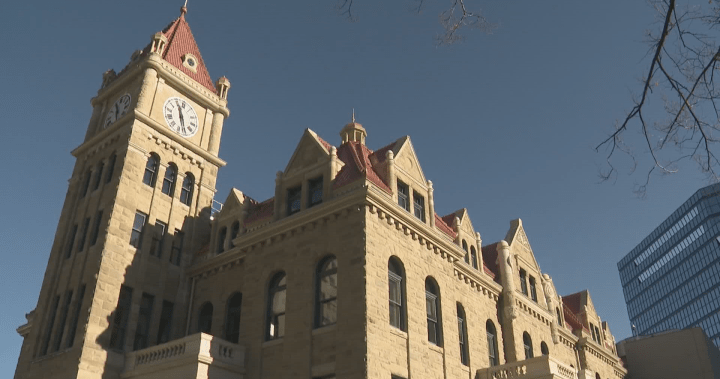Calgary city council recently voted in favor of amending the citywide rezoning bylaw after four weeks of debate, extensive public feedback, and two days of deliberation. The vote, which passed 9-6, will make residential grade-oriented infill (R-CG) the default residential zoning district across the city. This change is part of the city’s housing strategy aimed at increasing housing supply and improving affordability. The amendment is expected to result in an additional 250 properties redeveloping to rowhouses per year, leading to around 750 new homes annually.
The decision to implement the amended bylaw was met with mixed reactions from the public and city council members. While many organizations supporting vulnerable Calgarians see the rezoning as a way to expedite the development of non-market housing and increase transit options, some residents expressed concerns about the potential increase in density in RC-1 zoned neighborhoods. Critics of the bylaw fear that adding duplexes, triplexes, and rowhouses to these areas could fundamentally alter their character. Others question whether the rezoning will actually have an impact on housing prices, as developers and landlords may still charge high rents for new builds.
Throughout the process, the city received overwhelming feedback from the public, with 736 speakers participating in the public hearing, and over 6,000 submissions received. While 227 individuals were in favor of the rezoning, 458 were opposed, and 51 remained neutral. Despite the significant community engagement, some Calgarians feel that their concerns have not been adequately addressed by city council and administration. They fear that their rights are being eroded by the rezoning decision, further contributing to the division among residents.
The city’s administration believes that the rezoning will not only increase housing options but also improve transit access through active and public transportation systems. Proponents of the bylaw argue that the changes will help alleviate the housing crisis in Calgary and create more diverse housing options for residents. With the approval of the amended bylaw, the city is set to see a shift towards more diverse housing types in the coming months. However, opponents continue to voice their dissent, citing concerns about the potential negative impact on existing neighborhoods and the lack of transparency in the decision-making process.
The public debate surrounding the rezoning bylaw has been intense, with citizens and council members alike sharing their views on the proposed changes. The decision to make R-CG the default residential zoning district reflects a broader vision for Calgary’s future development and housing affordability. Despite the opposing viewpoints and concerns raised, the amended bylaw is set to come into effect in the near future, with potential implications for the city’s housing market and community dynamics. As Calgary moves forward with these changes, it will be crucial for city officials to address the concerns of residents and ensure that the rezoning process is transparent and inclusive.













